Small Grains
All Small Grains Content
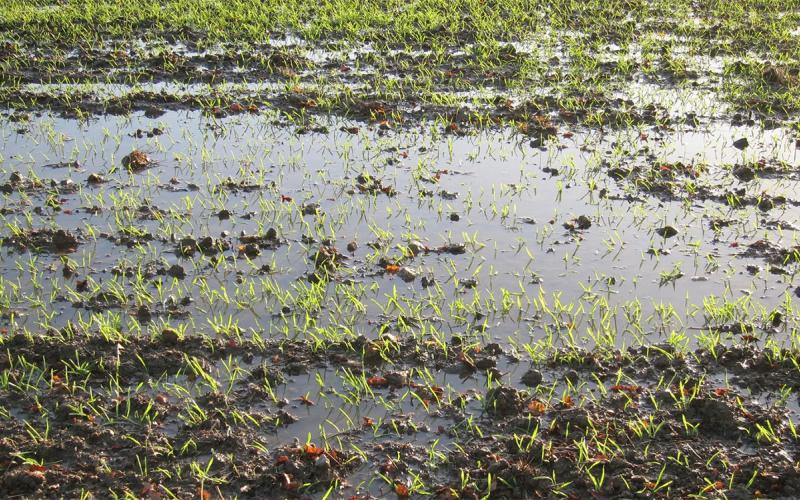
Effects of Spring Flooding in Winter Wheat
Every winter, growers are curious if their winter wheat will survive the winter. Learn some key factors that determine plant survival along with tips for assessing your fields this spring.
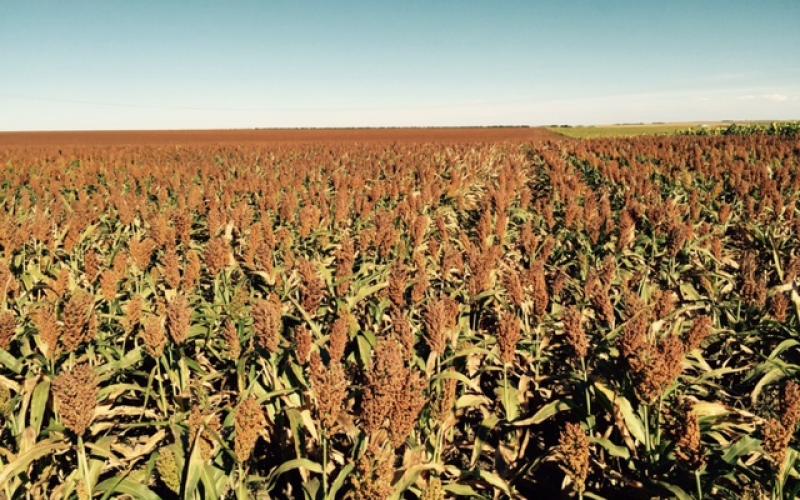
Sorghum Weed Control
Early competition, especially from grass, is critical for successfully controlling weeds in sorghum. There are preemergence as well as postemergence herbicides available for this crop. Early treatment provides the best control of broadleaved weeds with crop stage also being a critical factor for some postemergence treatments.
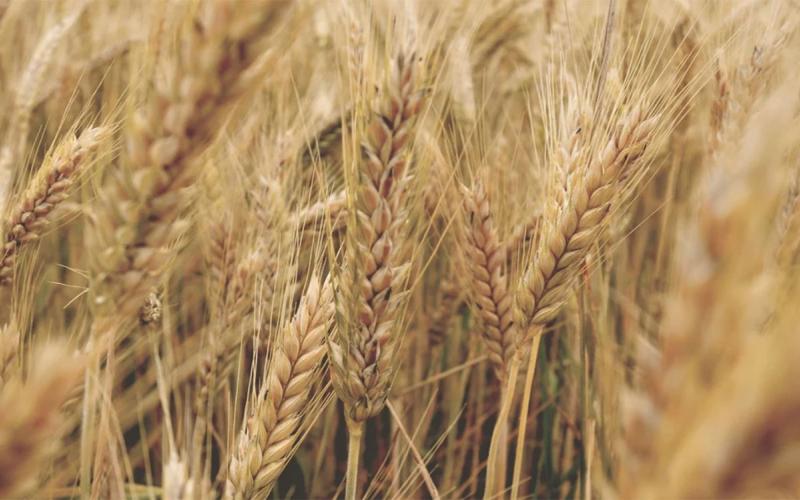
SDSU Extension 33rd Annual Winter Wheat Meeting To Be Held August 24
August 19, 2022
SDSU Extension, in collaboration with the Jones County Crop Improvement Association, will host the 33rd Annual Winter Wheat Meeting in Draper, South Dakota, on August 24 at 6:30 p.m. CDT.
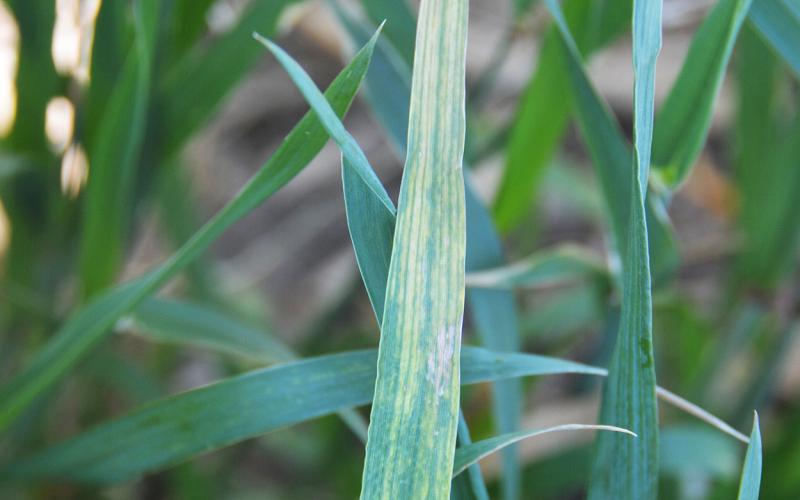
Wheat Streak Mosaic Virus Showing Up in Fields
Wheat streak mosaic virus is a viral disease, which has been found in samples recently sent into the SDSU Plant Diagnostic Clinic. Learn how to identify it before it takes a toll on wheat crops.
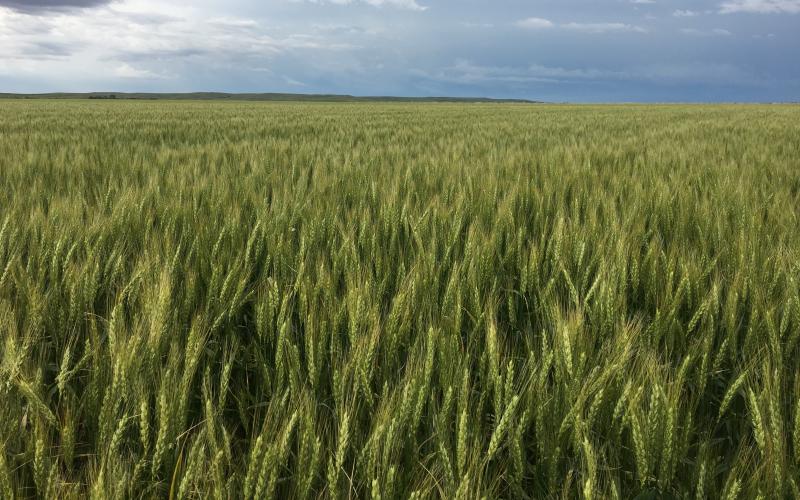
Small Grain Pre-Harvest Options
Consider pre-harvest herbicide applications in crop ground planted with small grains that are grown for seed or forage. Dense weed populations may inhibit harvest, therefore proper control of them early in the growing season is best.
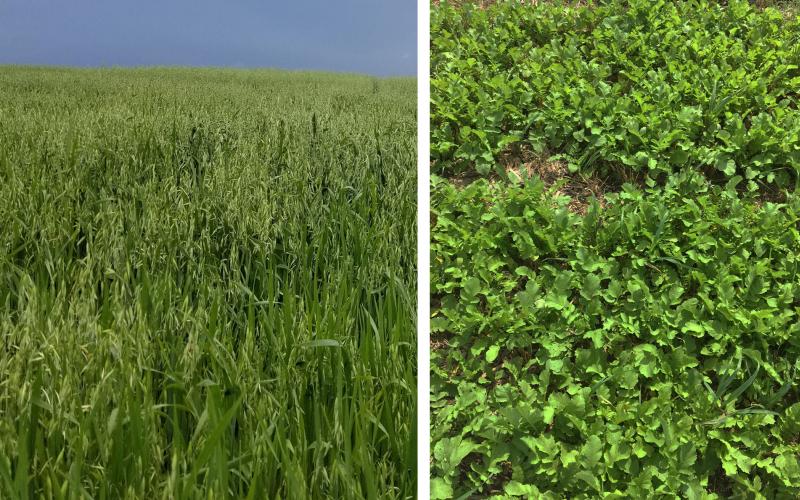
Herbicide Interactions With Cover Crops After Oats
After oats have been harvested, options exist to keep a living root in the soil. This can be done through growing cover crops. In 2018 an on-farm trial was preformed near Salem, South Dakota to observe how cover crops grown after oats would germinate after common herbicides had been applied.
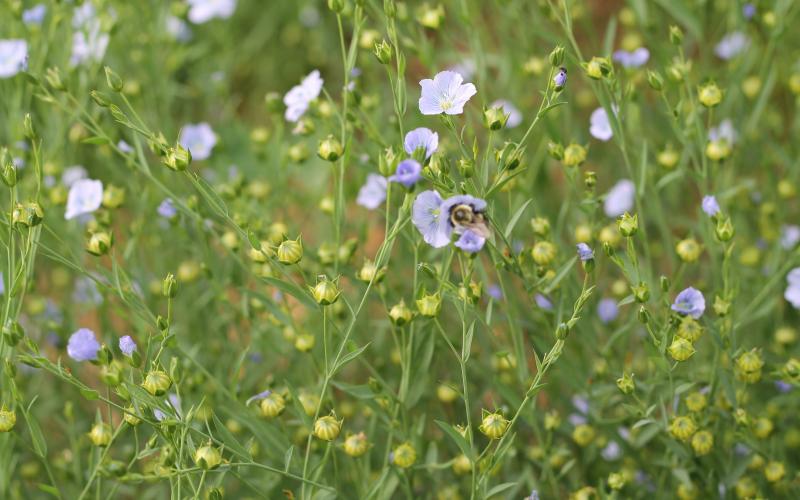
Herbicide Residual Effects on Cover Crops after Wheat
Fact sheet about herbicide residual effect on cover crops after wheat.
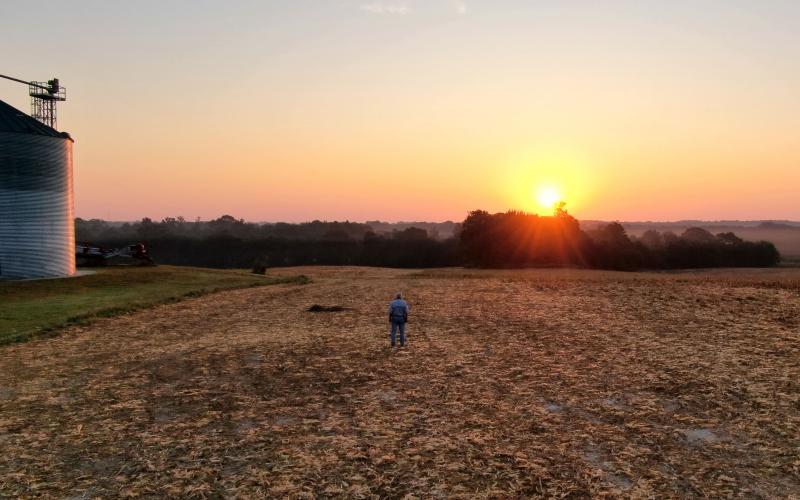
Crop Tolerance to Soil Herbicide Residual
Some herbicides can persist in soil, especially dry soil. Herbicide carryover could be an issue in 2021 across the state depending upon last year’s moisture levels and field conditions.
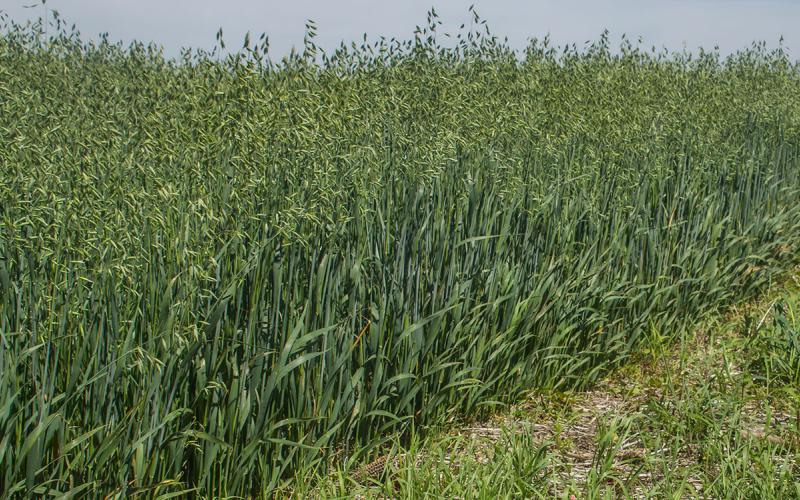
Planting Considerations for Oats in South Dakota
South Dakota is a leading oat producer in the United States. Learn some important oat planting tips, including timing, variety selection, seeding rate and fertilizer management.
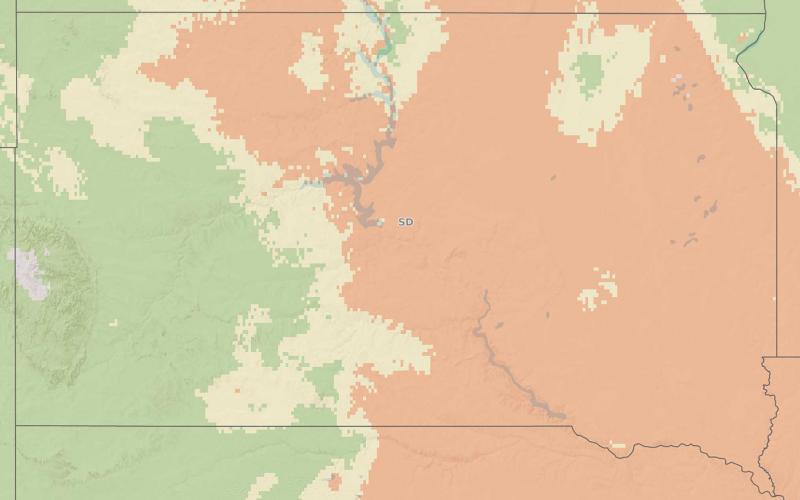
The Fusarium Head Blight Prediction Tool
The Fusarium head blight prediction tool, available through Penn State University and Mesonet at SDState, uses weather variables to predict the risk for Fusarium head blight in wheat.